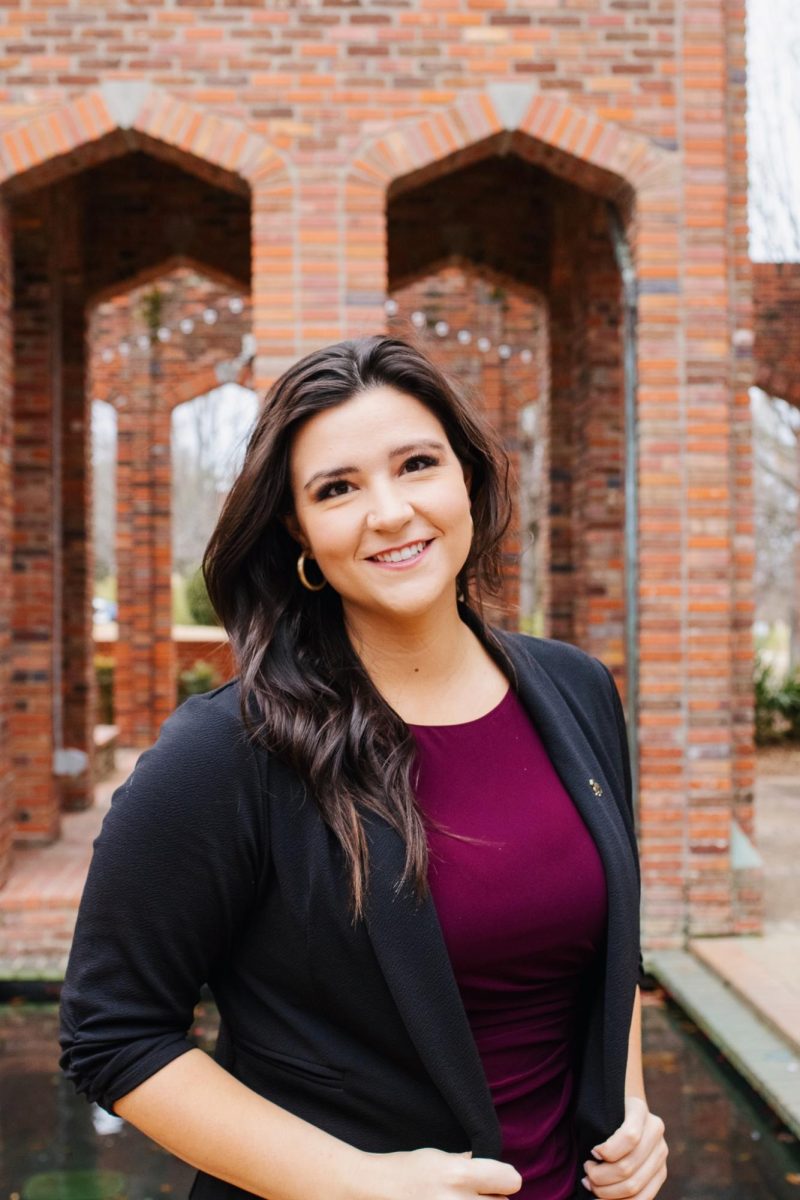Mississippi State University’s gender studies program recently hosted an online discussion entitled “#FreeBritney: Achieving Reproductive Justice for all Disabled People.” Stetson College of Law professor Robyn Powell was a guest speaker at the event.
Powell, who has a concentration in disability law and policy, identifies as disabled and has served as an attorney advisor at the National Council on Disability.
Powell spoke to MSU students about working to end reproductive oppression of the disabled and drew examples from the recent movement, #FreeBritney.
#FreeBritney is related to the case of Britney Spears, who was subjected to a legal conservatorship by her father, Jamie Spears.
Her mental health and disability status allowed him to control her finances, reproductive rights and estate.
The fight to break the conservatorship resulted in a movement of fans who supported Spears’ right to be free from her father’s restrictions.
The #FreeBritney movement gave exposure to many issues involving the reproductive rights of those with disabilities.
As a result, the pop star’s 13-year conservatorship came to an end in November 2021.
Anastasia Tsioulcas, culture correspondent for NPR, explained those under conservatorships can be easily manipulated, and such flaws are highlighted in Spears’ case.
“Spears’ case has thrown a spotlight on thorny issues around conservatorship. Activists argue that such legal constrictions are ripe for abuse or that they limit conservatees’ civil rights,” Tsioulcas wrote.
Powell educated students about contemporary reproductive oppression in the disabled community and how conservatorships, such as the case of Spears and her father, contribute to it.
“We need to get rid of guardianships and conservatorships. It is an antiquated system that is not needed and really grossly oppresses people,” Powell said.
Powell listed many discriminatory attacks on disability reproductive rights, like restrictions on sexuality, threats to parenthood and denial of reproductive decision-making.
These issues directly affected Spears during her conservatorship as well.
Kimberly Kelly, MSU’s director of gender studies, discussed disability reproductive injustice and showed her support for the movement.
“Reproductive freedom and reproductive justice require that we affirm and empower people— that we ensure they have the support they need to be a parent or to not be a parent,” Kelly said.
Powell emphasized inclusivity with reproductive rights, and she wished to achieve a more accepting environment for those with disabilities.
“I believe that we can use a disability reproductive framework to expand reproductive freedom for all people. When we target those who are the most vulnerable, everyone benefits,” Powell said.
Those in attendance had the opportunity to ask questions.
Many students submitted questions that were answered after Powell’s testimony.
Rheagan Case, a senior English major, attended the discussion for her feminist theory class and explained her thoughts on what she learned.
“Learning about how Britney Spears’ case relates to those with disabilities and their rights for reproduction was very interesting and enlightening,” Case said. “Some of the facts stated in the talk were so surprising, and I truly learned a lot.”
Case said she was inspired after learning about the disregard for sexual and reproductive health rights of the disabled.
Being a fan of Spears, Case watched as the movement unfolded but said she gained a new perspective after Powell’s discussion.
“It did not occur to me that the issues she faced are inflicted on many others with disabilities as well,” Case said. “I was very inspired leaving the discussion and hope to be able to advocate for these rights.”
Powell said the highly publicized end to Spears’ conservatorship was an effective step in the right direction, but the fight for disability reproductive freedom is far from over.
“Above all, the future fights for reproductive freedom must be fully inclusive of all people with an intentional focus on historically marginalized populations,” Powell said.
Powell discusses #FreeBritney and disability rights
Courtesy Photo | Sam Levy
Robyn Powell addressed the harmful effects of conservatorships on disability rights in cases similar to Britney Spears.
About the Contributor

Lizzie Tomlin, Staff Writer
Lizzie Tomlin is a senior political science major. Lizzie is currently a staff writer for The Reflector.


























































































